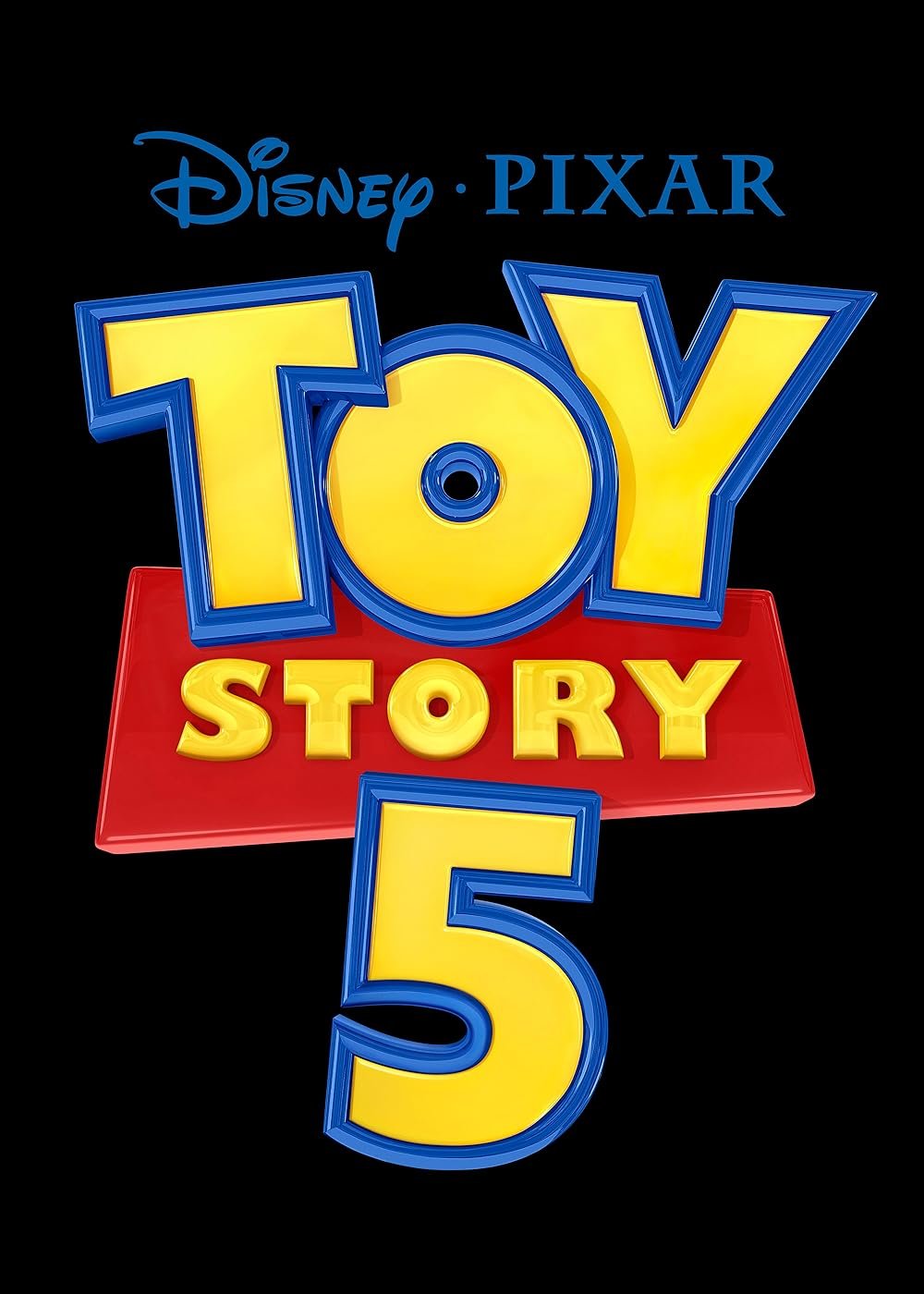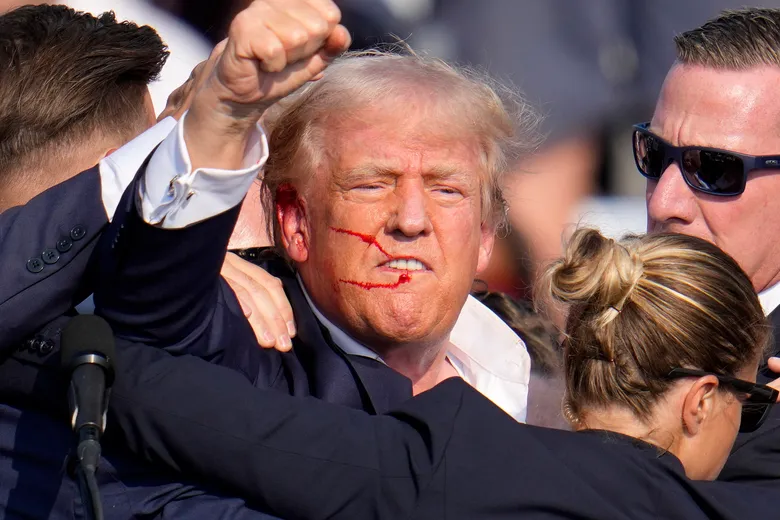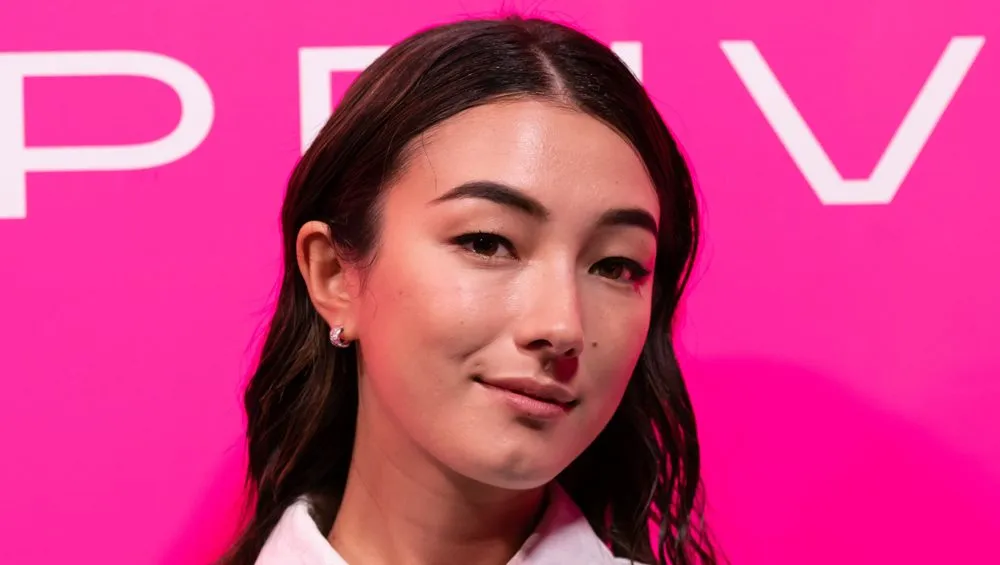The phrase “[Donald Trump shot]” has echoed worldwide, stirring emotions, sparking debates, and leading to waves of speculation. As one of the most polarizing figures in modern politics, former U.S. President Donald Trump has long been at the center of global attention. But what does this phrase mean? What are the facts, the context, and the implications? Let’s dive deeper into this subject, separating fact from fiction and understanding the broader impact of this controversial topic.
Understanding the Context of “Donald Trump Shot”
To fully grasp the weight of the phrase “[Donald Trump shot],” it’s essential to consider the global spotlight Donald Trump has occupied for decades. From his role as a billionaire businessman and reality TV star to becoming the 45th President of the United States, Trump has been a towering figure in both media and politics. His bold personality and divisive rhetoric have made him both loved and criticized.
When shocking headlines emerge with phrases like “[Donald Trump shot],” they spark intense interest. However, understanding the details behind such statements is crucial before jumping to conclusions. Let’s unravel the layers to get a clearer picture.
The Rise of Donald Trump: A Background
Before discussing the meaning of “[Donald Trump shot],” it’s essential to reflect on who Donald Trump is and why this phrase carries such weight. Born in 1946 in Queens, New York, Trump grew up in a wealthy family with a real estate empire. He took over the family business and eventually became a household name through his brand, properties, and television show, The Apprentice.
Key Accomplishments Before Politics:
- Built the iconic Trump Tower in Manhattan.
- Expanded the Trump Organization into luxury hotels, golf courses, and branding ventures.
- He hosted The Apprentice, which skyrocketed his fame in the 2000s.
In 2016, he shocked the world by winning the U.S. presidential election. Controversial policies, trade wars, and unconventional leadership marked his presidency. For these reasons, Trump remains a figure who evokes strong emotions, making phrases like “[Donald Trump shot]” deeply impactful.
Decoding the Phrase “Donald Trump Shot”
So, what does “[Donald Trump shot]” actually mean? It’s a phrase that could be interpreted in multiple ways depending on context. Each possibility must be analyzed thoroughly, whether it’s a literal event, a metaphorical expression, or simply misinformation spreading online.
Possible Interpretations:
- Literal Event: Could this phrase refer to an actual attack or assassination attempt? Public figures often face threats, and Trump is no stranger to security concerns.
- Figurative Speech: Sometimes, words like “shot” are used metaphorically, such as in sports or politics, implying someone has taken a risk or hit a target.
- Misinformation: In today’s digital age, false news spreads rapidly. Headlines involving “[Donald Trump shot]” may be clickbait or hoaxes.
Understanding the exact scenario depends on verified sources and unmistakable evidence.
Historical Precedents: Public Figures Under Threat
If the phrase “[Donald Trump shot]” refers to an actual attack, it wouldn’t be the first time a public figure has faced such danger. History is full of examples where influential leaders have been targeted.
Examples of Similar Incidents:
- Abraham Lincoln (1865): Assassinated while attending a play in Washington, D.C.
- John F. Kennedy (1963): Fatally shot in Dallas, Texas, during a presidential motorcade.
- Ronald Reagan (1981): Survived an assassination attempt outside a hotel in Washington, D.C.
Public figures like Trump, especially those with strong opinions and large followings, often face heightened security risks. Law enforcement agencies are always on high alert for such threats, and their job is to prevent tragedies from happening.
The Role of Media in Amplifying “Donald Trump Shot”
In the age of social media, information spreads at lightning speed, and the phrase “[Donald Trump shot]” has undoubtedly captured global attention. But how much of this coverage is accurate? Media plays a decisive role in shaping public perception, particularly in Trump’s case.
How Media Impacts Public Perception:
- News Outlets: Reputable sources often provide factual reporting, but even they can sensationalize headlines for more clicks.
- Social Media: Platforms like Twitter, Facebook, and TikTok amplify discussions, sometimes leading to misinformation.
- Clickbait Culture: Attention-grabbing headlines like “[Donald Trump shot]” may be designed to attract views, even if they lack substance.
Readers must verify facts through credible news sources before forming opinions or sharing information.
Security Measures for High-Profile Leaders
Whether “[Donald Trump shot]” refers to a real threat or a metaphorical expression, one thing is sure: the security of high-profile figures like Donald Trump is a top priority. After leaving office, former presidents still receive protection from the Secret Service for life.
Essential Security Measures for Trump:
- Personal Protection: Armed agents accompany him at all times.
- Surveillance: Advanced technologies, including drones and facial recognition, monitor his surroundings.
- Event Screening: Crowds are thoroughly screened during public appearances.
These precautions are in place to prevent incidents that could lead to headlines like “[Donald Trump shot].”
The Impact of Shocking Headlines on Society
When phrases like “[Donald Trump shot]” dominate headlines, they can have far-reaching effects on society. Such news triggers emotional reactions, political debates, and even economic consequences.
Emotional Responses:
- Supporters: Trump’s loyal base may feel anger, fear, or sadness when hearing such news.
- Critics: His opponents may interpret the phrase differently, depending on their views.
- Neutral Observers: Many may feel concerned about political discourse and public safety.
Broader Implications:
- Political Climate: Headlines involving violence can escalate tensions between political parties.
- Stock Markets: News about prominent figures like Trump can influence financial markets, given his connection to global economies.
It’s clear that headlines like “[Donald Trump shot]” affect more than just the individual involved—they ripple out into every corner of society.
How to Discern Fact from Fiction in Controversial Topics
With so much misinformation circulating, it’s easy to misunderstand phrases like “[Donald Trump shot].” Here are some tips to ensure you’re consuming accurate information:
- Check Multiple Sources: Don’t rely on a single news outlet; compare reports from reputable organizations.
- Verify with Official Statements: Look for updates from trusted institutions like the Secret Service, the FBI, or Trump’s team.
- Beware of Clickbait: If a headline seems too shocking to be accurate, it might be exaggerated or false.
- Use Fact-Checking Websites: Platforms like Snopes or FactCheck.org can help debunk rumors.
Being informed helps prevent unnecessary panic or misunderstandings.
Optimism Amidst the Chaos
Although the phrase “[Donald Trump shot]” may cause alarm, it also reminds us of the importance of truth, unity, and resilience. As a society, we have the tools to navigate shocking events with care and clarity.
While Trump’s tenure and personality have divided opinions, his story—marked by ambition and perseverance—is a testament to modern leadership’s complexity. Whether you support him or not, his influence on politics and culture is undeniable.
Final Thoughts on “Donald Trump Shot”
The phrase “[Donald Trump shot]” carries weight due to Donald’s prominence as a global figure. Whether literal, metaphorical, or speculative, the implications of such statements remind us of the power of words in shaping perceptions and sparking dialogue.
As readers, we are responsible for approaching such headlines with curiosity and attention. We can stay informed by seeking the truth and avoiding sensationalism without falling prey to panic or misinformation. The phrase “[Donald Trump shot]” underscores the need for critical thinking in a world of fast-moving news cycles and heightened emotions.



































